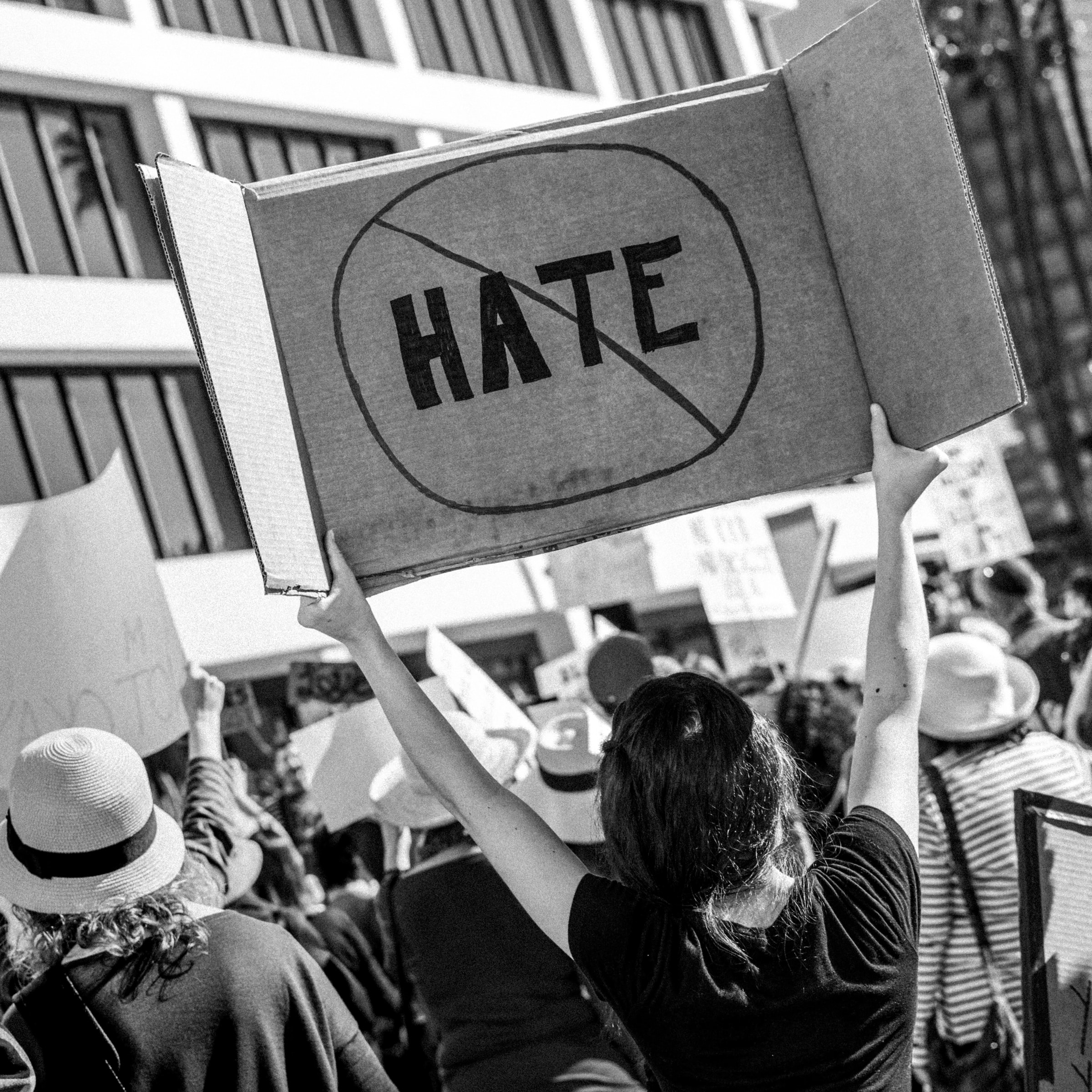MEP Marcel Kolaja:
While the European Union is about to start the process leading to the adoption of the Digital Services Act, a.k.a. the future Internet regulation, France—as one of the most powerful countries in the Council—proceeds with its own legislation. On May 13, the French Avia law governing platforms conduct regarding hate speech on-line, shall get adopted in the final reading. The text has been voted previously in the Assemblée Nationale.
The original text
The draft law, as originally proposed and notified to the Commission, introduces extremely strict rules on on-line platforms (i.e. social networks like Facebook, Twitter, etc.) to tackle illegal content on-line. If adopted as notified, it would contain:
- Obligation on platform operators (social networks, etc.) to make content inaccessible within a strict timeframe of 24 hours.
- Extremely broad list of what constitutes illegal content. Both manifestly illegal that can be easily recognised and non-manifestly illegal content that would require contextual judgment by the platforms.
- Only limited set of mandatory information in the notifications and missing exact location to find the illegal content (i.e. the URL).
- Obligation to prevent the redistribution of already removed content.
Text long-time criticized
The text is quite controversial, besides the European Commission and the Czech Republic, many organisations criticized it.
The European Commission in its reasoned opinion found that the draft could breach Articles 3, 14, and 15(1) of the e-Commerce Directive. More precisely, that the draft law is likely to constitute restrictions to the free-cross-border provision of information society services, allowing companies to provide services without restriction anywhere in Europe. That means further fragmenting of the Digital Single Market. It also considered that the combination of strict timeframe, broad list of illegal content left to the platform to judge the illegality and the missing exact location of the content can contribute to disproportionate burdens for on-line platforms and can contribute to over-removal of content. Furthermore, in order to be able to comply with obligations, on-line platforms would be forced to apply general automatic filtering of content, which would be incompatible with article 15(1) of the e-Commerce Directive.
The Czech Republic criticized the purpose of the draft law as being in contradiction with the main principles established by the e-Commerce Directive, namely the rule regarding liability of hosting service providers and the principle of no general monitoring. It considered important that the Digital Single Market shouldn’t be overregulated.
See the opinion from some of the organizations that came out against the draft law:
- Opinion of Commission nationale consultative des droits de l’homme.
- Opinion of Ligue des droits de l’Homme.
- Opinion of the European Digital Rights.
- Opinion of the EuroISPA.
What’s next in the Parliament
According to the European notification procedure on regulation of products and Information Services Providers, France had an obligation to take into account the detailed opinions and reply explaining the actions it intended to take. So far, we are unaware if and how exactly France complied with this obligation. Therefore, as a Member of the European Parliament I asked the European Commission.
The Parliament is currently working on its political guidance on the Digital Services Act, which will reform rules on how Internet platforms have to handle illegal content on-line. I’m working in several parliamentary committees, on the European Parliament’s opinion on how the future Internet regulation should look like. You can find more information about my work on this file on my blog.


0 comments on “Lessons learned from the Avia law”